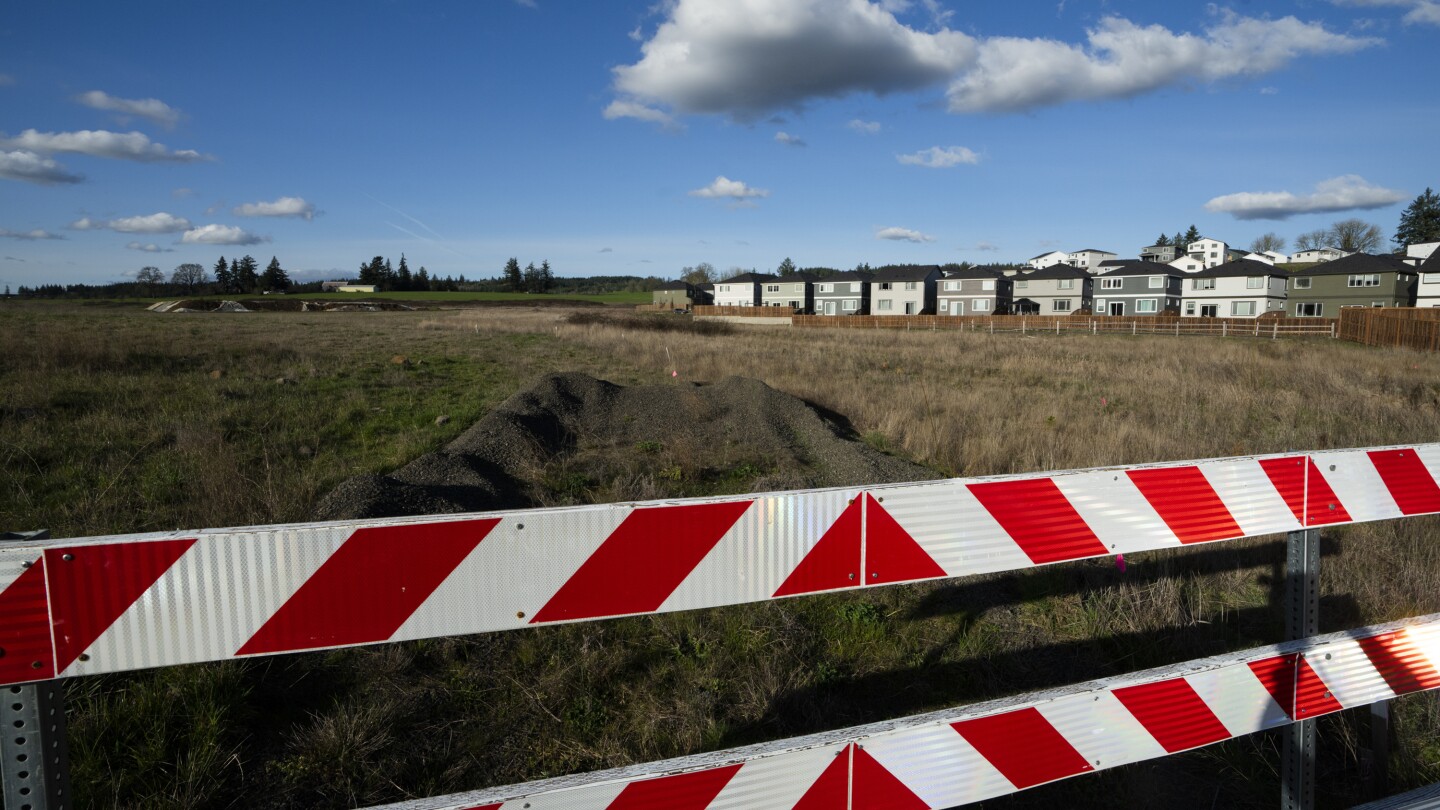A severe lack of affordable housing has prompted Oregon lawmakers to consider chipping away at a 1970s law that made the state a national leader in leveraging land use policy to prevent suburban sprawl and conserve nature and agriculture.
The so-called urban growth boundary, a sacred cow of Oregon’s liberal politics, helped to cement the state’s green reputation and has been “extremely influential” in its development, said Megan Horst, an urban planning professor at Portland State University.
“I can’t overstate it,” she said of the half-century-old law. “All that farmland would likely be a sea of strip malls and subdivisions, as they are pretty much anywhere else in the country.”
But interconnected homelessness and housing crises have forced exceptions to be considered by lawmakers, including Democrats who have historically defended the landmark policy.



Not true. Most new housing is luxury development, not affordable. We have a huge surplus of vacated luxury housing in this country, and a huge shortage of affordable housing, because that’s where the money is, supply and demand be damned
Also nowhere near public transportation.
If we are trying to help get people into housing, we need to build up, not out.
And also a tax system and wealth system that doesn’t punish hoarding of a basic need, housing.
If we penalized owning more than a few homes, or taxed the Uber rich at the rate we all pay, or just took housing developments public again we would see affordable housing.